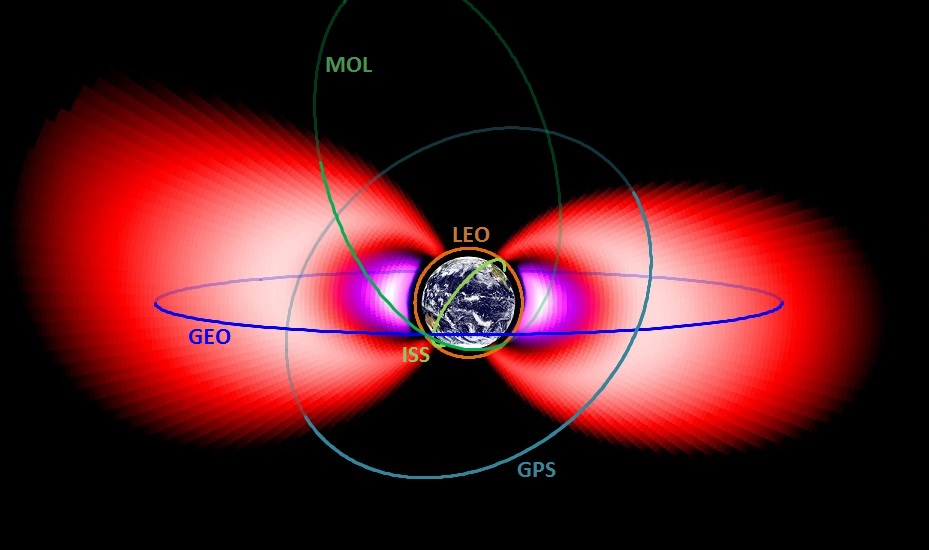Speaker
Description
A Standard Radiation Environment Monitor (SREM) unit will be part of the European Radiation Sensors Array (ERSA) payload for the Lunar Gateway. This SREM unit will provide measurements of the lunar particle radiation environment, which is primarily dominated by Solar Energetic Particle (SEP) events and Galactic Cosmic Rays (GCRs). We present the reanalysis and creation of new datasets of SREM measurements from the INTEGRAL, PLANCK, and HERSCHEL missions. We have adapted and applied an existing artificial intelligence unfolding method (GenCORUM) to derive high quality particle fluxes during SEP events, and it is shown that we can successfully and concurrently derive solar proton and solar electron fluxes. Solar protons are resolved at a much higher energy than previously possible, up to ~1 GeV, while solar electrons, which have not been previously resolved, are derived in the energy range of 0.5 MeV - 4 MeV. Additionally, we show that SREM directly measures GCR particle fluxes, which fully determine its background levels with a non-negligible contribution from heavy ions (Z≥2). Using appropriate GCR models we have also resolved GCR fluxes directly from SREM measurements covering a large energy range from 10 MeV/nuc to 100 GeV/nuc. Finally we present elements on the new historical datasets created and the real-time applicability of our approach for ERSA/SREM. Successful validations of our results are shown by comparisons with the SEPEM RDS proton dataset, electron data from ACE/EPAM, and SOHO/EPHIN, as well as established models and data for GCRs.

